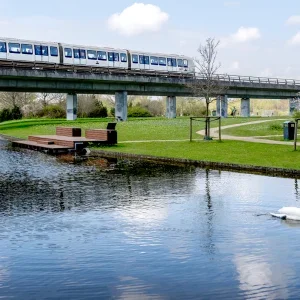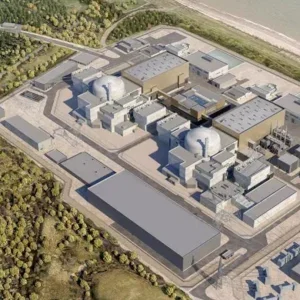There was a mixed response from Palestinians in the Gaza strip last month as plans for an underground wall along the border were announced in Israeli media. The wall is to form a barrier to stop tunnelling under the border. Work is reported to have been underway at the site for some six months and is expected to take some 18 months to complete. The Egyptian government has not confirmed the construction of the wall.
Residents of the border town Rafah reported seeing heavy machinery sinking steel pipes at intervals along the boarder. According to Israel’s Haaretz newspaper the barrier will reach 30m deep and will be 10km long.
The tunnels are often between 6 and 20m underground where the sand is hard enough to tunnel through. But defiant Palestinians have said they can dig to more than 30m down to avoid the blast proof steel wall. The 500-600m tunnels take some 5-6 weeks to excavate with tunnelling rates at about 15m a day. The tunnels rarely have any form of support, which has often led to collapses.
Palestinians have relied upon the tunnel network since 2007 when Israel and Egypt blockaded Gaza’s borders after Hamas was elected to power.
In 2008 Israel destroyed hundreds of tunnels with aerial bombardment but their commercial value meant they were quickly re-dug.
The number of Palestinians killed while working in the tunnels, which are largely hand dug, is believed to easily exceed 100.
In another attempt to end tunnelling under the border U.S. Army Corps of Engineers earlier this year deployed a sonar system for detecting tunnels (T&TI October 2009, p7).







